About the David Suzuki Fellowship program
David Suzuki has spent a lifetime at the forefront of environmental activism. Renowned for his ability to make the complexities of science exciting and easy to understand, he’s inspired millions of people around the world to take meaningful action to protect the planet. And he continues to help new generations understand their interdependence with nature.
Building on David’s legacy, the David Suzuki Fellowship program is helping the next generation of leaders tackle complex environmental problems. Our fellows embody David’s research excellence and his ability to motivate people to make a difference.
2021–22 fellows
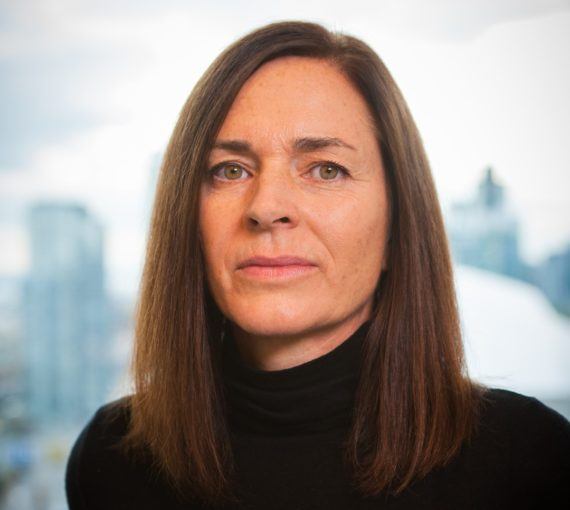
Annabel Webb, PhD Candidate
Human Rights Fellow
Annabel is pursuing an interdisciplinary PhD in international human rights law from the University of London. She has a master’s degree in international human rights law from the University of Oxford, and a master of arts and bachelor of arts from the University of British Columbia. Annabel has been an advocate for the rights of women and girls for over two decades.
In her fellowship, Annabel will focus on employing existing domestic and international human rights law to promote intergenerational environmental justice in Canada.
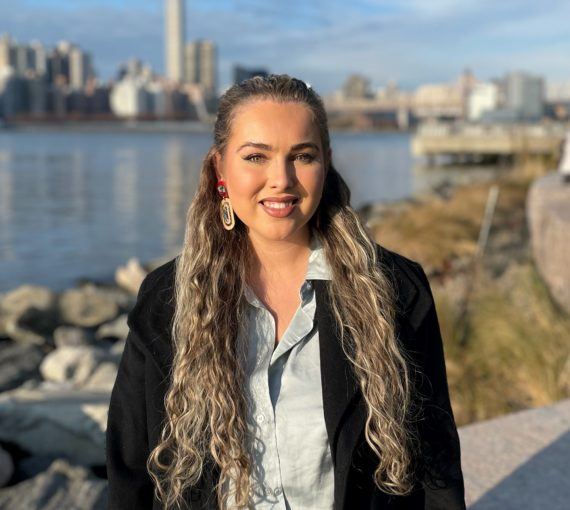
Zoë Craig-Sparrow
Environmental and Indigenous Rights Fellow
Zoë Craig-Sparrow has a bachelor’s degree in political science from UBC, a Master’s degree in human rights from the University of London (awarded with distinction) and is currently pursuing her PhD in human rights. Zoë is a member of the Musqueam Indian Band and was born and raised on the reserve in Vancouver, BC. She has advocated for climate justice and children’s, women’s and indigenous peoples’ rights since she was a child, including travelling to the United Nations to present a submission to the UN Committee on the Rights of the Child at the age of 15.
In her fellowship, Zoë will focus on the relationship between genocide and ecocide in Canada. This will include an emphasis on the relationship between girls’ and women’s rights and the environment, particularly in relation to Indigenous communities and Missing and Murdered Indigenous Women and Girls (MMIWG).
2020–21 fellows
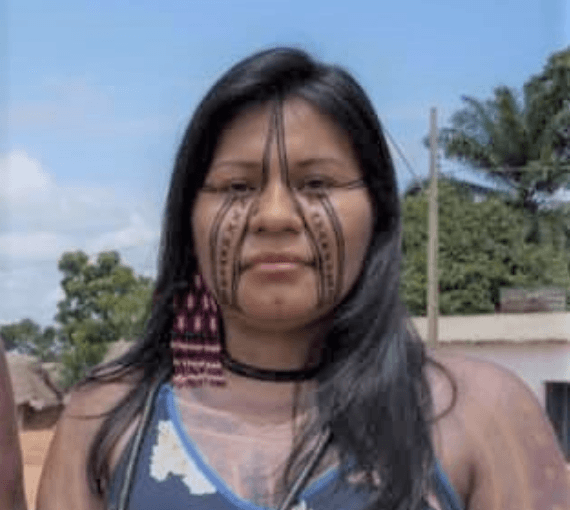
Maial Panhpunu Paiakan Kaiapo
Indigenous Rights Fellow
Given the urgent environmental and human rights crisis in the Amazon, in 2020-2021, the Foundation awarded one Indigenous Rights Fellowship focused on protecting the land and people of the Amazon.
We are honoured to award this fellowship to Maial Panhpunu Paiakan Kaiapo of the Kayapo people, in the state of Para, in the Brazilian Amazon. The David Suzuki Foundation’s first international Indigenous research fellow, she has a degree in law and works to advance human and environmental rights for Indigenous communities.
2019–20 fellows
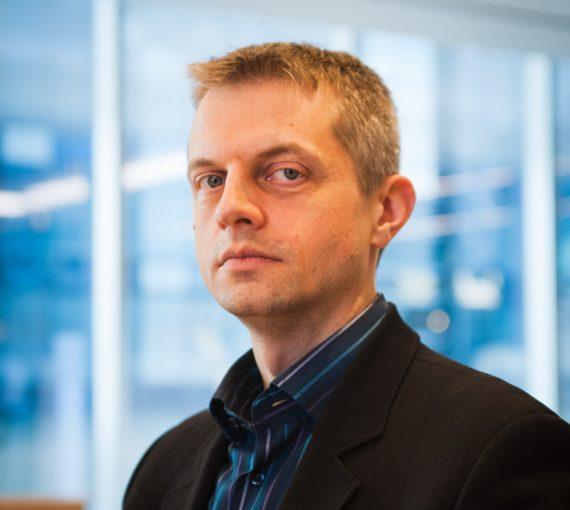
Eric Miller, MES
Ecological Economics Fellow
Eric has a master’s degree in environmental studies from York University, a bachelor of arts in economics (honours) from McMaster University and bachelor of science in biology from Carleton University. As a course director and researcher at York University, he’s leading a global initiative on the ecological footprint.
In his fellowship, Eric will focus on enhancing the public’s ecological economics literacy. This form of literacy is about understanding concepts, measures and perspectives that relate economies to ecosystems and to the conservation of nature.
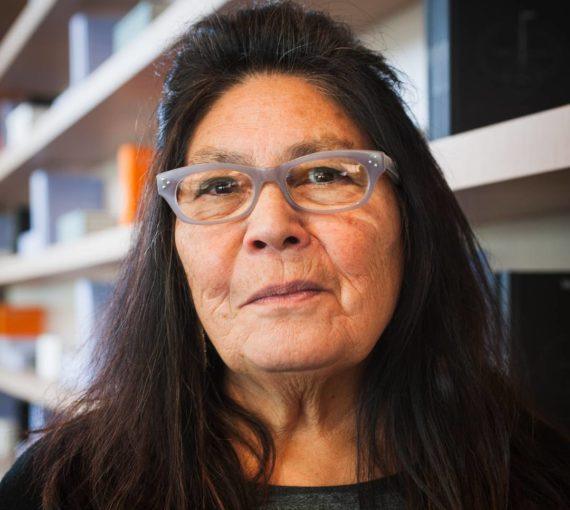
Priscilla Settee, PhD
Indigenous Knowledge and Climate Change Fellow
Priscilla has a PhD from the University of Saskatchewan, a master’s degree in education from the University of Manitoba, a bachelor of education from the University of Saskatchewan and a bachelor of arts from the University of Guelph. She is Swampy Cree from Cumberland House, works on Indigenous, women’s and Indigenous food sovereignty rights and is professor of Indigenous studies at the University of Saskatchewan and adjunct professor at the University of Manitoba’s Natural Resources Institute.
In her fellowship, she will work with northern Indigenous trappers to learn about climate change impacts on their livelihoods and the environment. Her research will highlight trappers’ immense knowledge and world view and their contributions to a holistic, sustainable world.
2018–19 fellows
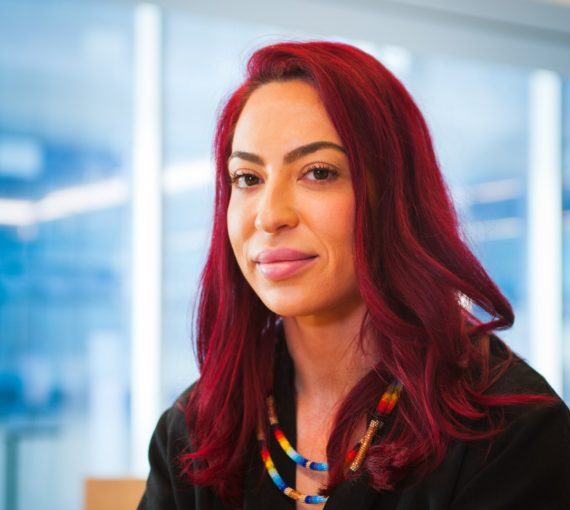
Nicole Davies, MA in Indigenous Governance
Indigenous Knowledge and Climate Change Fellow
Nicole (Anishinaabe and Métis) has a master’s degree in Indigenous governance from the University of Victoria, with a focus on land-based knowledge revitalization, ecological restoration and Indigenous queer ecologies. As the program manager for Sovereign Seeds, an Indigenous seed sovereignty network, Nicole is working with Indigenous seed leaders to strengthen the vitality and climate resiliency of communities’ seed varieties and seed teachings.
For the fellowship, Nicole is examining the barriers Indigenous communities face in revitalizing their sustenance practices and generating insights on the changes needed to see these efforts thrive. Through the fellowship, Nicole will also work to document and archive two-spirit sustenance leaders’ insights and experiences. Nicole co-founded an Indigenous grassroots organization offering sustenance skills and sustenance justice programming to Indigenous youth in Ontario.
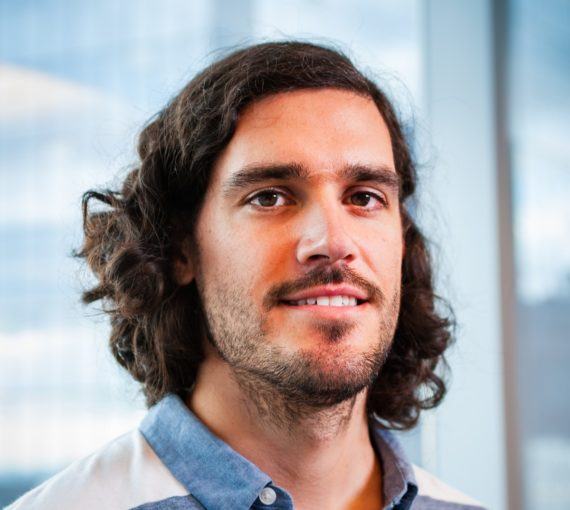
Maxime Fortin Faubert, PhD Candidate
Climate Change Adaptation and Sustainable Cities Fellow
Maxime has been pursuing his PhD in biological sciences with a research focus on phytotechnology at the Université de Montréal. He aims to develop alternative, innovative and sustainable biotechnology solutions using plants and fungi to decontaminate polluted soils and fight climate change.
In his fellowship, Maxime will create an up-to-date portrait of contaminated lands across the Island of Montreal to identify vacant spaces that most contribute to the heat island effect and target those with the potential to transform into green spaces to help improve Montreal’s climate change resilience.
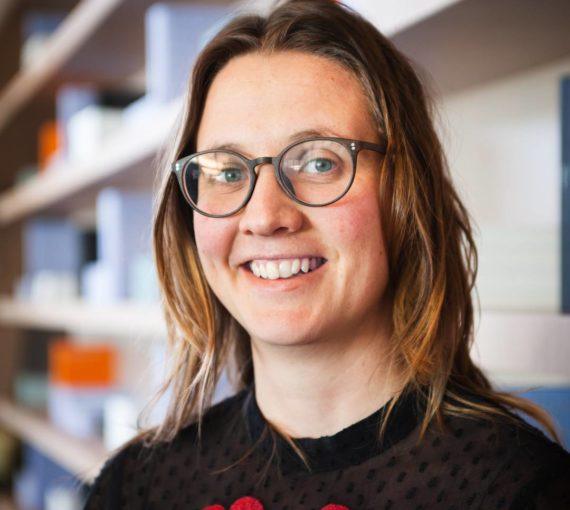
Tara Mahoney, PhD
Climate Change Communications Fellow
Tara recently completed her PhD in communication at Simon Fraser University, specializing in new forms of participatory political culture in Canada. She has a bachelor’s degree in international relations from the University of Calgary, a master’s degree in media production from Ryerson University and a certificate in civic engagement and dialogue from Simon Fraser University. She is co-founder and creative director of Gen Why Media.
In her fellowship, Tara is working to integrate qualitative research, crowd-sourcing and experimental engagement projects to better understand how to leverage media and culture in ways that empower millennials to participate in the transition to renewable energy.
2017–18 fellows
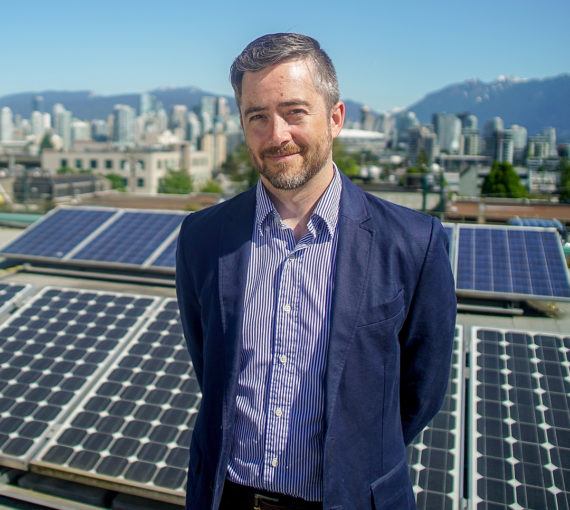
Brett Dolter, PhD in Ecological Economics
Climate Change Economics Fellow
Brett has a master’s degree in resource management and environmental science from the University of British Columbia, a master’s in economics from the University of Victoria and a PhD in ecological economics from York University. He is currently a researcher affiliated with the University of Ottawa.
In his fellowship, Brett is looking into the role of the electricity utility in facilitating distributed renewable energy. He’s researching the competitiveness impacts of carbon pricing and determining the impact of deliberative dialogues on Canada’s energy future.
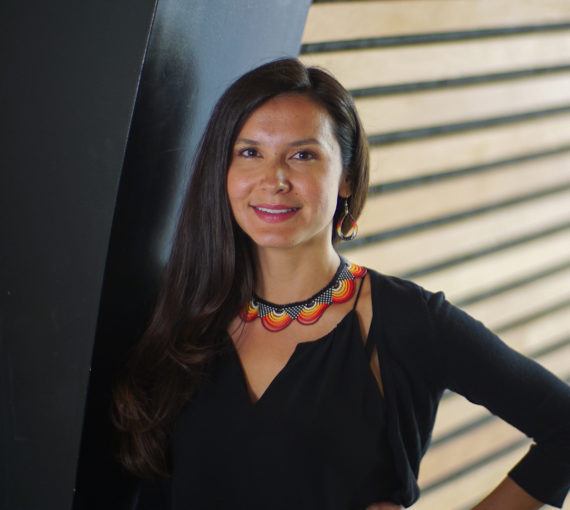
Melina Laboucan-Massimo, MA in Indigenous Governance
Indigenous Knowledge and Climate Change Fellow
Melina has a master’s degree in indigenous governance with a focus on renewable energy in First Nations communities. She also has more than fifteen years of experience organizing with indigenous communities to plan and implement projects and campaigns. The culmination of her master’s thesis was the completion of a 20.8-kilowatt solar installation in her home community of Little Buffalo in Northern Alberta.
For the fellowship, Melina is researching renewable energy models that can be replicated in communities, pushing for more progressive renewable energy policy and implementing renewable energy projects in communities across Canada.
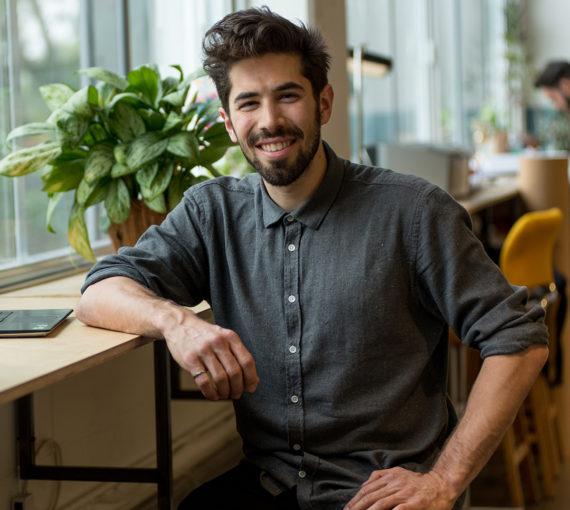
Jérôme Laviolette, PhD Candidate
Transportation and Climate Change Fellow
A trained civil engineer, Jérôme completed his master’s of applied science from Polytechnique Montréal, where he used GPS data to better understand the demand-supply profile of the taxi industry.
For the fellowship, Jérôme focused on better understanding the psychological factors of car dependency and the barriers and opportunities in changing this behaviour. He worked closely with Regroupement national des conseils régionaux de l’environnement du Québec and Centre interdisciplinaire de recherche en opérationalisation du développement durable, two important organizations for environmental and transportation issues in Quebec. While completing his fellowship, Jérôme started a PhD at Polytechnique Montréal in transportation planning to continue his research on car dependency.